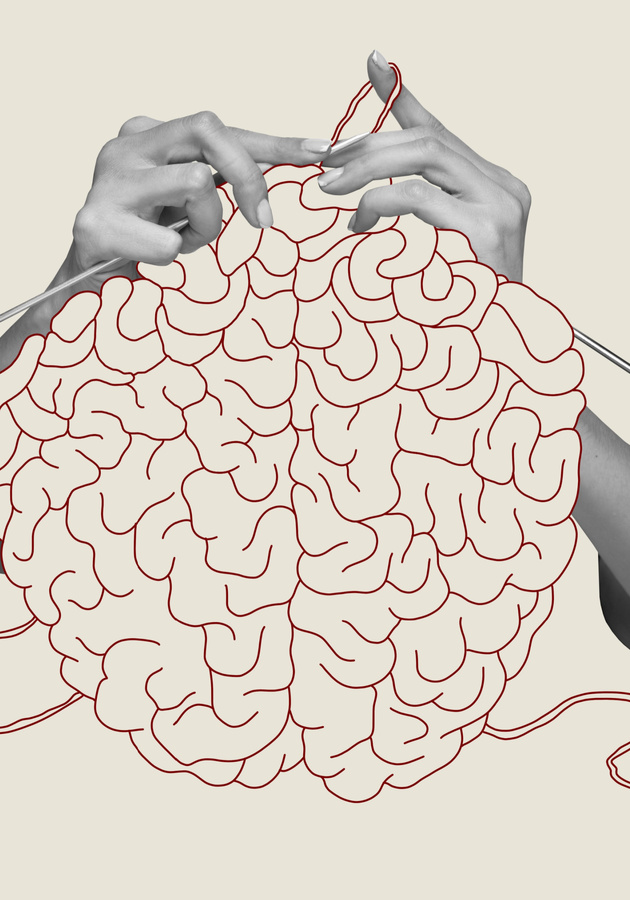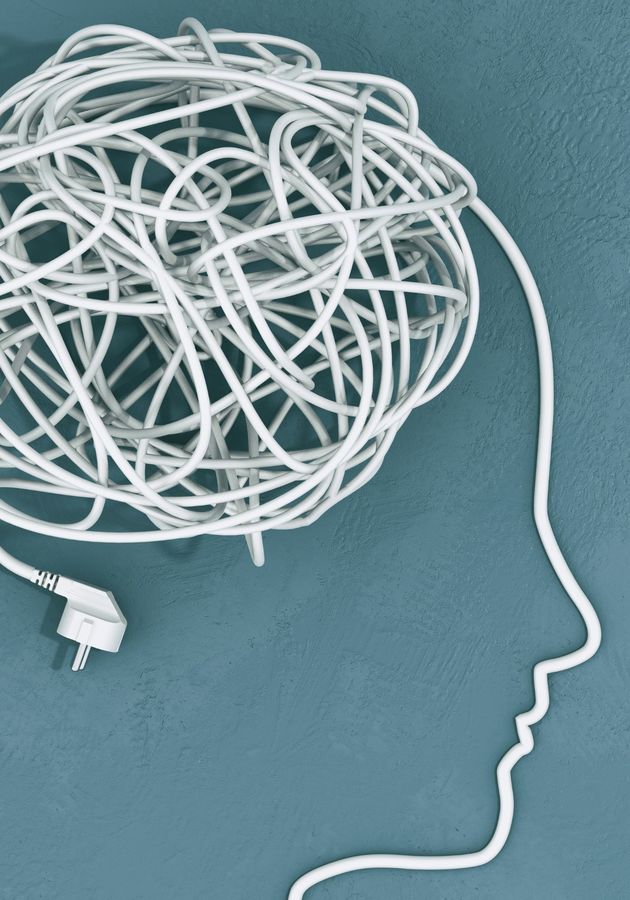Sobre o microbook
Mainstream economists everywhere exhibit an "irrational passion for dispassionate rationality." Behavioral economists, and long-time critic of mainstream economics suggests that people in mainstrean economic models "can think like Albert Einstein, store as much memory as IBM s Big Blue, and exercise the will power of Mahatma Gandhi," with a view that economists view of homo sapiens is simply wrongheaded. Indeed, Thaler and other behavioral economists and psychology have documented a variety of ways in which real-world people fall far short of mainstream economists' idealized economic actor, perfectly rational homo economicus. Behavioral economist Daniel Ariely has concluded that real-world people not only exhibit an array of decision-making frailties and biases, they are "predictably irrational," a position now shared by so many behavioral economists, psychologists, sociologists, and evolutionary biologists that a defense of the core rationality premise of modedrn economics is demanded.In Predictably Rational? In Search of Defenses of Rational Behavior in Economics, Richard McKenzie, a professor of economics and management at the University of California, Irvine, takes up the challenge to defend mainstream economics core premise, but in unexpected ways. He first takes readers through a review of the intellectual history of the motivational premise undergirding economics from Adam Smith through to Alfred Marshall to Frank Knight, Ludwig von Mises, and Friedrich Hayek to Milton Friedman, George Stigler, and Gary becker. Professor McKenzie finds ample criticisms of the rationality premise within the intellectual history of the discipline. He also surveys the relevant literature in evolutionary biology and neurobiology and neujroeconomics, which fortifies the behavioralists criticisms that "perfect rationality" is not tenable. Nonetheless, in spite of the evidence and arguments, Professor Mckenzie mounts defenses of continued use of the rationality premise on counterintuitive grounds, not the least of which is that the demonstrated "irrationalities" in human decision makes all the more compelling the use of the perfect rationality premise in economics. Economists are themselves drawm from the human population. They must operate within their own limited and mistake-prone mental faculities. The premise of rationality is one means by which economists can gain insights about complex human interactions that might not exscape them if they assume people were not more rational than economists know them to be. In addition, economists perfect rationality premise is not only a means for deriving testable hypotheses, it is also a standard by which economists, and their students, can derive heuristics that can lead to improved decision making (or decision making that is better than might be expected of real-world people without instruction in the "economic way of thinking"). Professor McKenzie draws conclusions that are at odds with standard, mainstream economics, not the least of which is that markets do more to improve economic efficiency than conventional microeconomics supposes. Markets not only allocate efficiently known resources among known wants. They also provide feedback mechanisms that the human brain needs to operate more efficiently and that improve decision making, as well as hone people s wants and appreciation of resources. Markets can make people more rational than they may be inclined to be. "



























